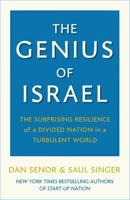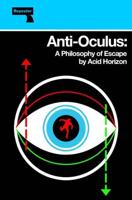Publisher's Synopsis
Philosophy has never delivered on its promise to settle the great moral and religious questions of human existence, and even most philosophers conclude that it does not offer an established body of disciplinary knowledge. Gary Gutting challenges this view by examining detailed case studies of recent achievements by analytic philosophers such as Quine, Kripke, Gettier, Lewis, Chalmers, Plantinga, Kuhn, Rawls, and Rorty. He shows that these philosophers have indeed produced a substantial body of disciplinary knowledge, but he challenges many common views about what philosophers have achieved. Topics discussed include the role of argument in philosophy, naturalist and experimentalist challenges to the status of philosophical intuitions, the importance of pre-philosophical convictions, Rawls' method of reflective equilibrium, and Rorty's challenge to the idea of objective philosophical truth. The book offers a lucid survey of recent analytic work and presents a new understanding of philosophy as an important source of knowledge.











